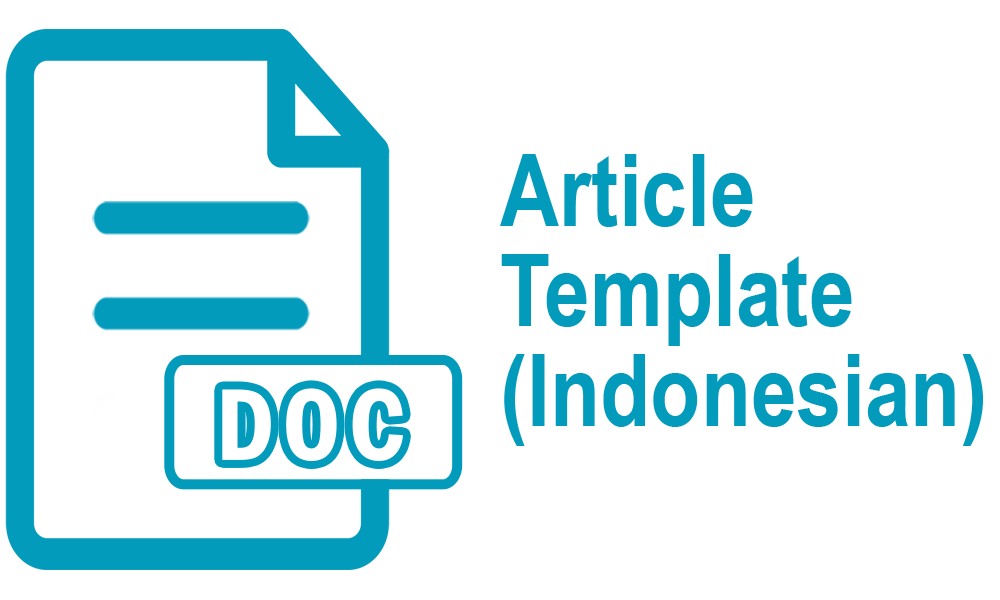ADLERIAN STRATEGIES IN WILLY WONKA’S CHARACTER IN TIM BURTON’S FILM CHARLIE AND THE CHOCOLATE FACTORY
Abstract
This study aims to find out how Willy Wonka's character in the Charlie and the Chocolate Factory film strived to overcome his inferiority state to achieve superiority in his life using the Adlerian strategy stages of Alfred Adler's individual psychology theory. This study was qualitative research with a psychoanalysis approach. The data from this study were the actions, dialogues, and other character’s narrations that are depicted in clip scenes from the film. In analyzing the data, the researcher identified each scene that depicted the factors that influenced the feelings of inferiority that appeared in Willy Wonka's character and analyzed how Willy Wonka strived for superiority. The results of this study indicated that there is a representation of Willy Wonka's inferior feelings because of his unpleasant childhood compared to his friends who had a pleasant childhood. This feeling of Willy's inferiority is triggered by several factors namely lifestyle, parenting patterns, and birth orders. After going through a period of inferiority, Willy finally achieved success in his life goals of becoming a famous chocolate maker and making his own chocolate factory. Willy's way to overcome these inferior feelings is applying superiority complex proposed by Alfred Adler which consists of creative-self, social interest, confidence, ambition, and striving for superiority.
Keywords
Full Text:
PDF (Bahasa Inggris)References
Adler, Alfred. The Science of Living (Psychology Revivals). Routledge, 2013.
Adler, Alfred. Understanding Human Nature (Psychology Revivals). Routledge, 2013.
Adler, Alfred. Understanding Life: An Introduction To The Psychology Of Alfred Adler. Oneworld Publications, 1997.
Alethia, Marsha. Parent-Child Relationship between Charlie and Willy Wonka in Different Family Structures on Charlie and the Chocolate Factory (2005). Depok: University of Indonesia, 2014.
Alfred Adler Theory Application. Adler Graduate School. 1967.
Alwisol. Psikologi Kepribadian. Malang: UMM Press, 2004.
Ansbacher, Heinz L. Individual Psychology: The Adlerian and Jungian Schools. Basic Books, 1974.
Aquino, J. Science Fiction as Literature. Washington D.C: National Education Association, 1976.
Bennet, A and Royle N. An Introduction to Literature, Criticism and Theory. Edinburgh: Pearson Education, 2004.
Boeree, C. George. Personality Theories: Alfred Adler, 2006.
Bryman, Allan. Encyclopedia of Social Science Research Methods: Triangulation. Thousand Oaks: SAGE Publications, 2004.
Dastmard, Farzaneh, Tooran Razmjoo and Veli Salehi. The Relationship between Psychology and Literature, 2012.
Denzin, Norman K, and Yvonna S. Lincoln. The Sage Handbook of Qualitative Research: Third Edition. Thousand Oaks: SAGE Publications, 2005.
Emir, Badegul Can. Literature and Psychology in the Context of the Interaction of Social Sciences. Khazar Journal of Humanities and Social Sciences, 2016.
Endraswara, Suwardi. Metodologi Penelitian Sastra: Epistemologi, Model, Teori, dan Aplikasi. Yogyakarta: Media Presindo, 2008.
Flick, Uwe. An Introduction to Qualitative Research Four Edition Sage. Great Britain: Ashford Colour Press Ltd, 2009.
Hall, Calvin S. Freud. Jakarta: Delaprastasa, 1995.
Hall, Calvin Springer and Gardner Lindzey. Theories of Personality. Wiley, 1978.
Izzaturrohmah, Luthfiana. Understanding Johnny Cade’s Life in Hinton’s The Outsiders. Yogyakarta: State Islamic University Sunan Kalijaga, 2015.
Kennedy, X. J and Dana Gioia. Literature: An Introduction to Fiction, Poetry, and Drama. New York: Harper Collins, 1995.
Klarer, Mario. An Introduction to Literary Studies. London and New York: Routledge, 1999.
Minderop, Albertine. Psikologi Sastra: Karya Sastra, Metode, dan Contoh Kasus. Jakarta: Yayasan Pustaka Obor Indonesia, 2010.
Nakazaki, C. Character and Characterization Notes. Wikizaki Wiki Spaces, 2006.
Pope, R. Creativity: Theory, History, Practice. New York: Routledge, 2005.
Pramono, Haekal Hendro. Striving For Superiority Shown By Aibeleen In The Movie The Help. Malang: Universitas Brawijaya, 2013.
Reaske, C. R. How to Analyze the Drama. New York: Monarch Press, 1996.
Schultz, Duane P and Sydney Ellen Schultz. Teori Kepribadian. Jakarta: EGC, 2015.
Stangor, Charles. Introduction to Psychology. Boston: Flat World Knowledge, L.L.C, 2010.
Taylor-Powell, Ellen and Marcus Renner. Analyzing Qualitative Data. Madison: Cooperative Extension Publishing Operations, 2003.
Wellek, Rene and Austin Warren. Theory of Literature. USA: Penguin University Books, 1976.
DOI: http://dx.doi.org/10.30872/jbssb.v6i2.5534
Refbacks
- There are currently no refbacks.
Copyright (c) 2022 Amanda Putri Wira Dharma, Mardliya Pratiwi Zamruddin, Famala Eka Sanhadi Rahayu
Editorial address:
Fakultas Ilmu Budaya, Universitas Mulawarman
Jl. Ki Hajar Dewantara, Gunung Kelua, Kec. Samarinda Ulu, Kota Samarinda, Kalimantan Timur, Indonesia 75123
Email: jurnalilmubudaya.fibunmul@gmail.com
Website: http://e-journals.unmul.ac.id/index.php/JBSSB
Ilmu Budaya: Jurnal Bahasa, Sastra, Seni, dan Budaya is licensed under a Creative Commons Attribution-ShareAlike 4.0 International License






